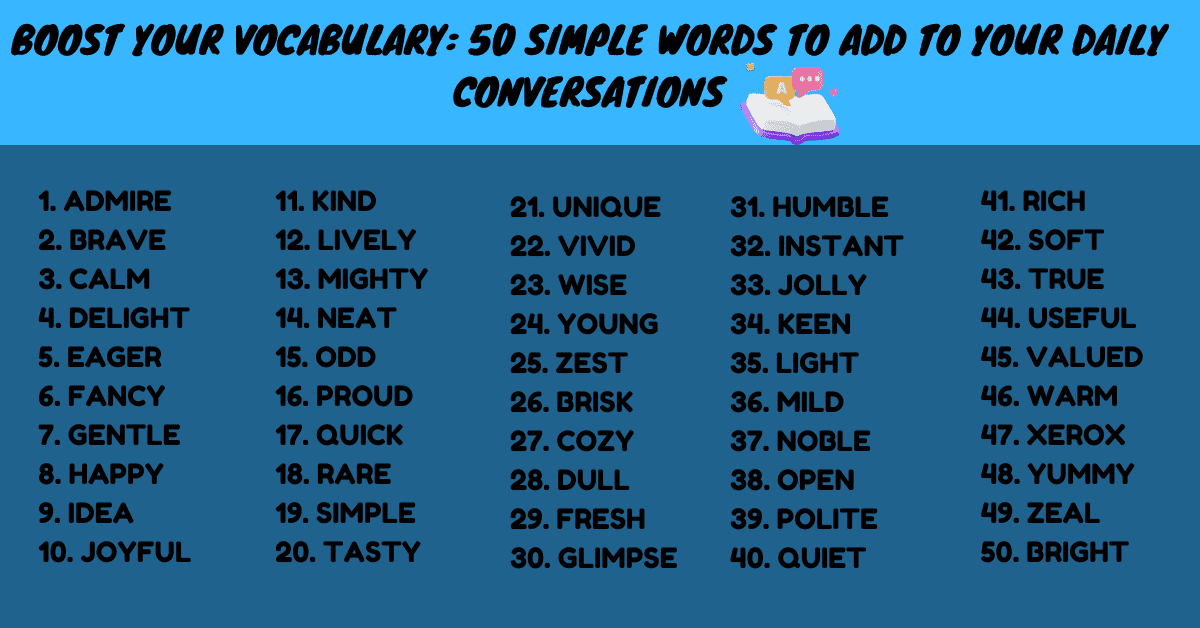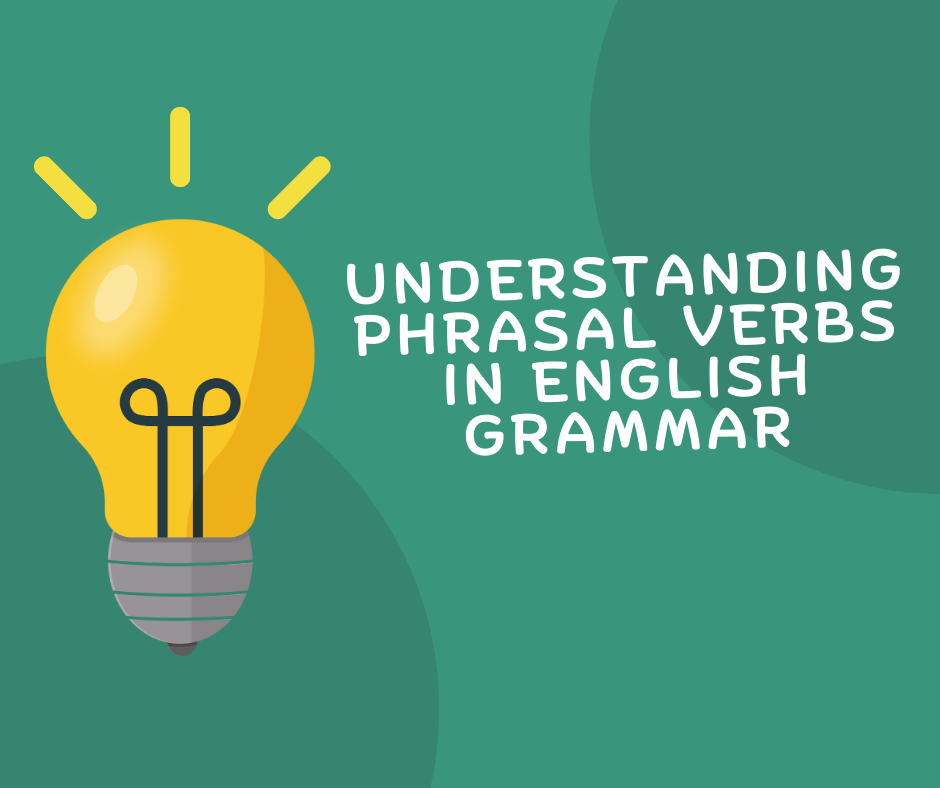Mastering English fluency can feel like scaling a mountain, especially when you find yourself mentally translating sentences from your native language. This habit can slow down your responses, reduce confidence, and make conversations awkward. But here’s the good news—breaking free from this cycle is entirely achievable! In this blog, we’ll explore why this happens and provide actionable tips to think and speak directly in English. We’ll also dive into how the EngVarta, one of the best English learning apps, can be your game-changing tool in this journey.
Why Do You Translate While Speaking English?
- Dependency on Familiar Patterns
Your brain prefers your native language because it’s familiar and comfortable. Translating gives you a sense of security. - Lack of Vocabulary
Without a strong English vocabulary, you search for equivalents in your native language, creating a habit of translation. - Fear of Making Mistakes
Translating can feel like a safety net to ensure correctness, even though it slows your fluency.
Effects of Translating on Your English Fluency
- Slow Response Time
Mental translation delays your replies, making conversations feel stilted. - Grammatical Errors
Different languages have unique structures, and literal translations often result in incorrect grammar. - Reduced Confidence
You may feel hesitant and self-conscious, hindering your ability to express yourself freely.
7 Practical Tips to Stop Translating in Your Head
1. Immerse Yourself in English
Surround yourself with English content—books, movies, and podcasts. Immersion helps your brain adapt to thinking directly in English.
2. Practice Speaking Daily
Regular practice builds muscle memory for English phrases and expressions. Using apps like EngVarta, widely regarded as the best English practice app, offers real-life speaking opportunities to enhance your fluency.
3. Learn Vocabulary in Context
Instead of memorising word lists, learn words through sentences or situations. This helps you recall them naturally during conversations.
4. Think in English
Start narrating your day, thoughts, or plans in English in your mind. It’s a small step toward forming an English-speaking habit.
5. Use Visual Learning
Connect words directly to images or experiences instead of your native language. For instance, associate “apple” with the fruit, not the translation.
6. Be Okay with Mistakes
Fluency comes with practice, and mistakes are part of the process. Focus on expressing yourself rather than perfection.
7. Engage with Native or Fluent Speakers
Speaking with fluent English speakers forces you to think on your feet and respond quickly without translating.
How EngVarta Can Help You Stop Translating
EngVarta is a practical solution for anyone struggling with fluency issues and translation habits. It’s not just another app; it’s one of the best English speaking apps for immersive learning. Here’s how:
1. Real-Time English Conversations
The app connects you with live English experts, allowing you to practice speaking in real-life scenarios without judgment.
2. Personalized Learning
Experts provide corrections and suggestions tailored to your needs, helping you refine your English without relying on translations.
3. Convenience and Flexibility
Practice anytime, anywhere. The app’s flexibility ensures you never miss a session, keeping your progress consistent.
4. Confidence Building
With daily practice and supportive feedback, you’ll gradually gain the confidence to think and speak directly in English.
When it comes to the best spoken English apps, EngVarta shines with its ability to mimic real-world conversations and give learners the environment they need to succeed.
Success Stories: How Users Overcame Translation Habits with EngVarta
Many EngVarta users have shared inspiring journeys of breaking free from translation dependency. For instance:
-
- Ravi, a working professional, mentioned how daily conversations on EngVarta helped him respond confidently during client meetings.
- Anita, a homemaker, shared that thinking in English became natural after practicing small talk with EngVarta experts every evening.
Their success underscores why EngVarta is considered one of the best English learning apps for building fluency.
Conclusion
Stopping the habit of translating while speaking English isn’t an overnight process—it’s a gradual transformation. By immersing yourself in the language, practicing consistently, and using tools like the EngVarta app, you can train your brain to think and communicate directly in English. Whether you’re preparing for interviews, academic goals, or daily conversations, EngVarta stands out as the best English practice app to help you master fluency.
Ready to level up your English? Download EngVarta, one of the best spoken English apps, today and start your journey to confident, translation-free English conversations!





 What You’ll Learn:
What You’ll Learn: Phrasal Verb Mastery:
Phrasal Verb Mastery: Building Fluent English:
Building Fluent English: Engage with Our EngVarta Community:
Engage with Our EngVarta Community: